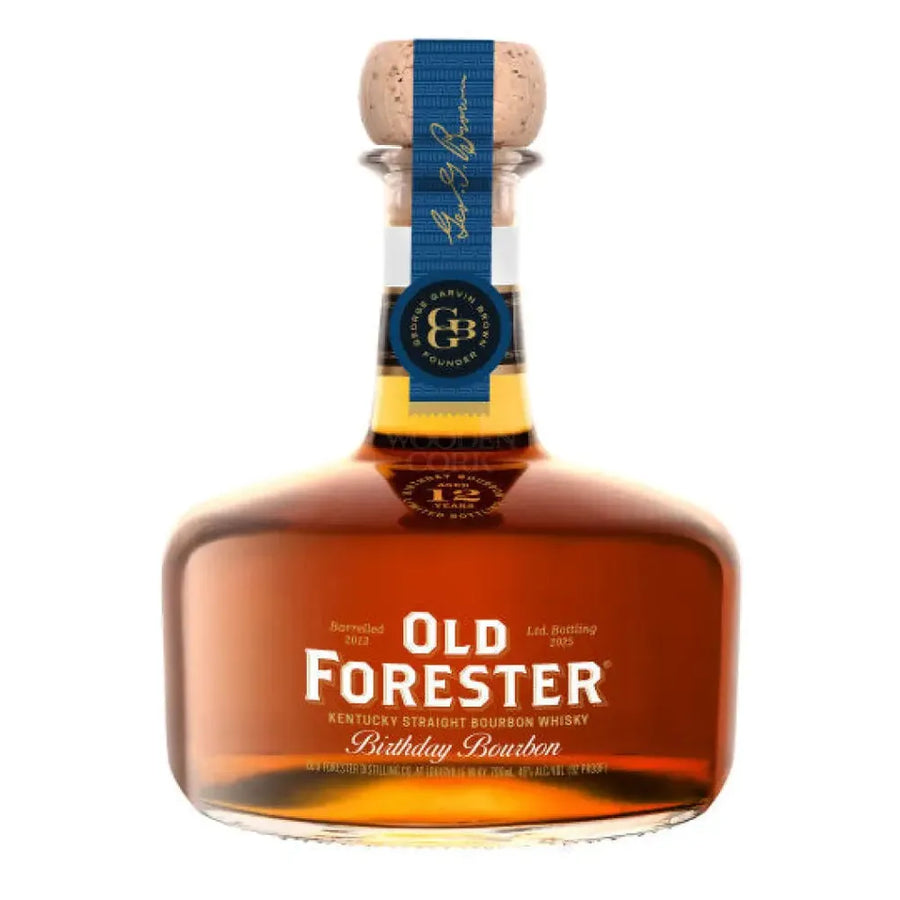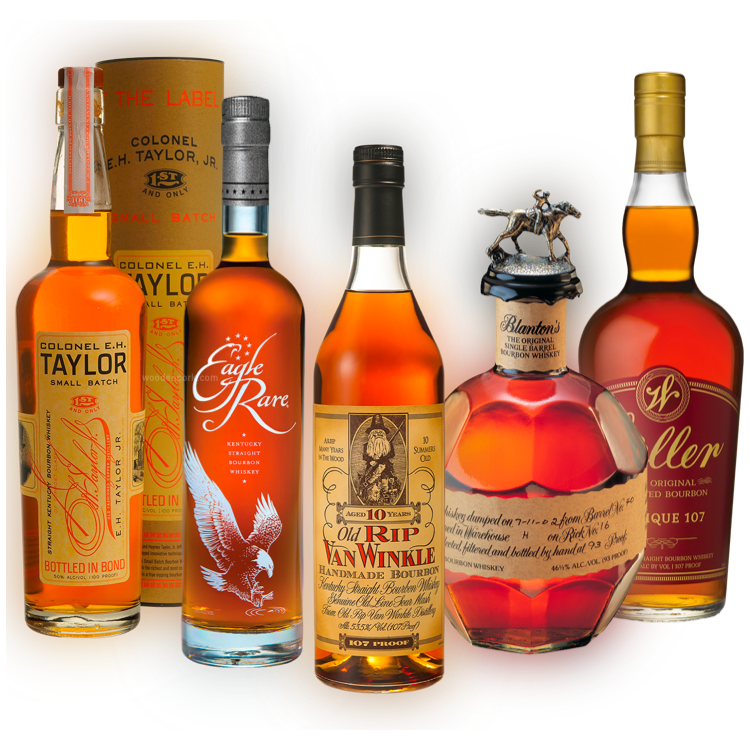Distillery to launch ‘first’ hydro-electric eco gin
Sustainable distillery Beinn an Tuirc is to launch what is claimed to be Scotland’s first ‘eco’ gin, produced using a still powered by hydro-electricity.
Beinn an Tuirc is situated on the Torrisdale Castle Estate in Kintyre, which is also home to a 99kw hydro-electricity scheme which powers the 230-litre still. Located in the estate’s former piggery, the distillery and its products will carry a wild boar emblem. The distillery also takes its name from Kintyre’s highest peak, Beinn an Tuirc, which translates as ‘hill of the wild boar’. The first batch of the resulting Kintyre Gin will be available from spring 2017, priced at around £35. The distillery was founded and is run by the Macalister Hall family, who have been at the Torrisdale Castle Estate since 1872. “We are fully committed to creating a gin we are proud of but also reduces our impact on the environment,” said Niall Macalister Hall, Beinn an Tuirc, director. “For every case of Kintyre Gin sold we pledge to plant a tree in our dedicated woodland. When the Beinn an Tuirc visitor centre opens later this year, offering tours and a tasting room experience, customers will also be able to plant a tree, leaving a long-lasting legacy on the estate.” Head distiller Su Black, a graduate of Heriot Watt’s Brewing and Distilling Master’s course, added: “We’re creating a truly hand crafted product using 12 sustainably sourced botanicals in our core expression, Kintyre Gin. “To achieve the characteristics of a very flavoursome and well-balanced spirit, the gin consists of 10 commonly used botanicals, with the addition of two which are totally exclusive to Beinn an Tuirc: Icelandic moss and sheep sorrel. This unique combination produces a gin with earthy and spicy characteristics, deep in flavour, with a very pleasant floral aroma.” Future Kintyre Gin batch expressions will be produced using foraged botanicals and plants from the estate’s walled garden. In addition to its environmental credentials, the distillery has pledged to use a percentage of profits for community projects and local business start-ups to encourage innovation. Earlier this month, vodka brand 42Below upped its own eco activities by introducing a free initiative enabling bars in Australia and New Zealand to turn used cocktail fruit into liquid soap.



